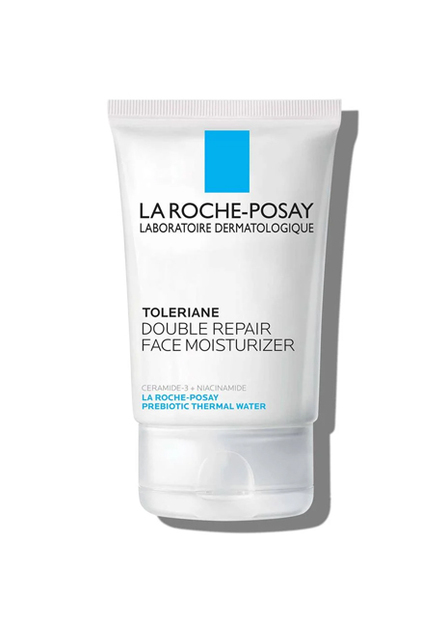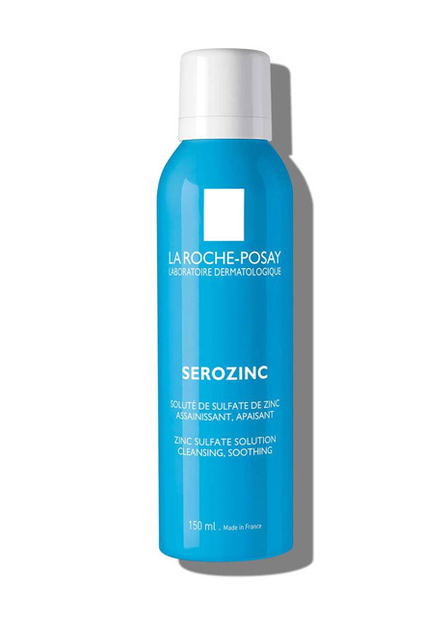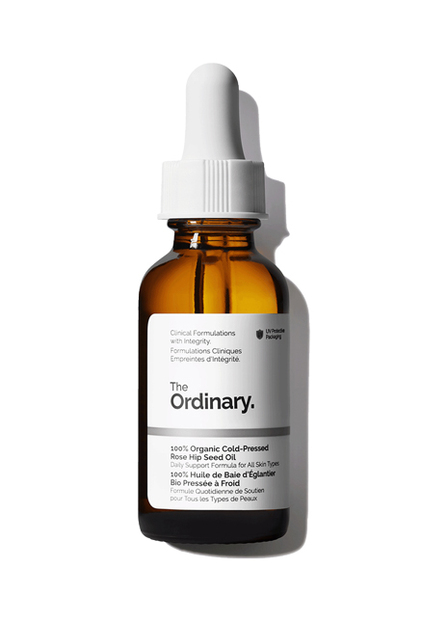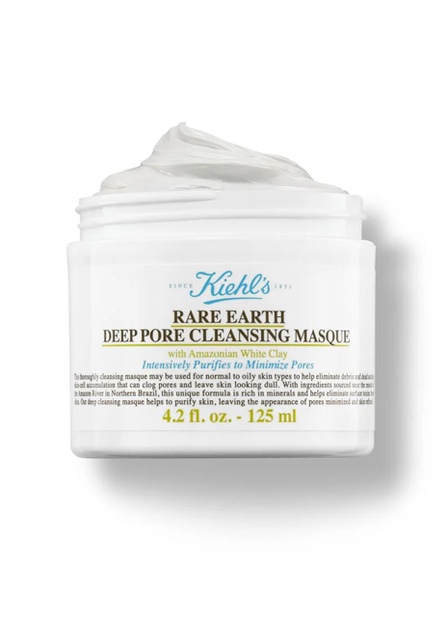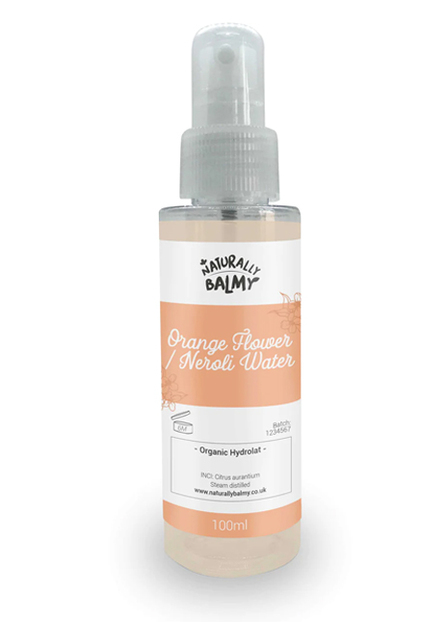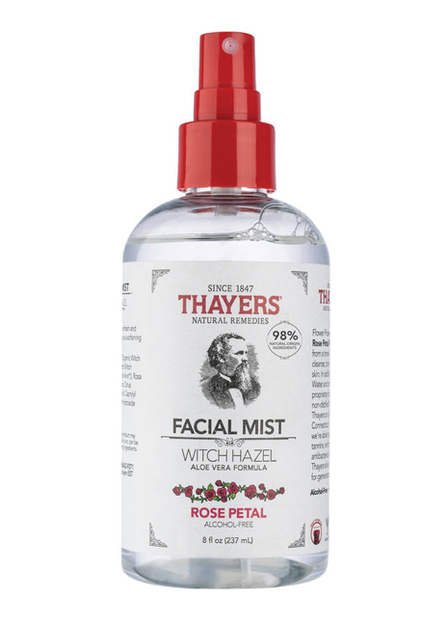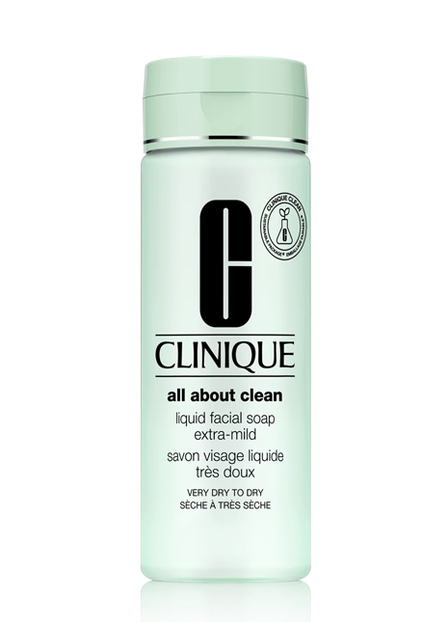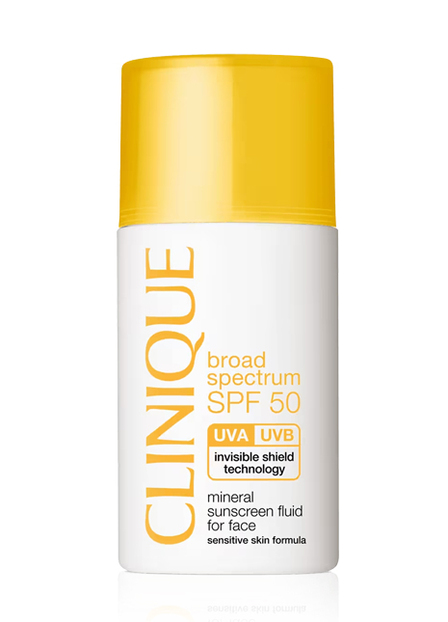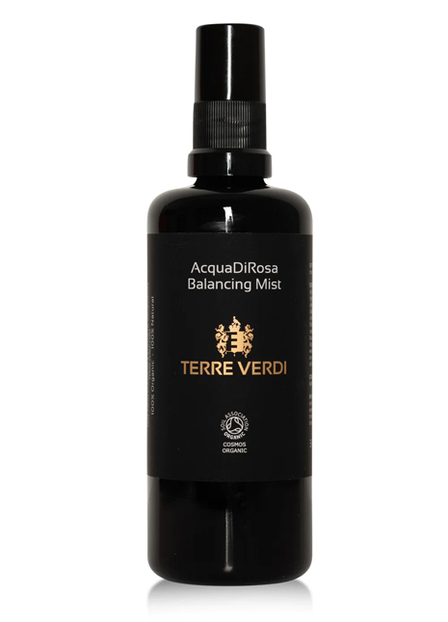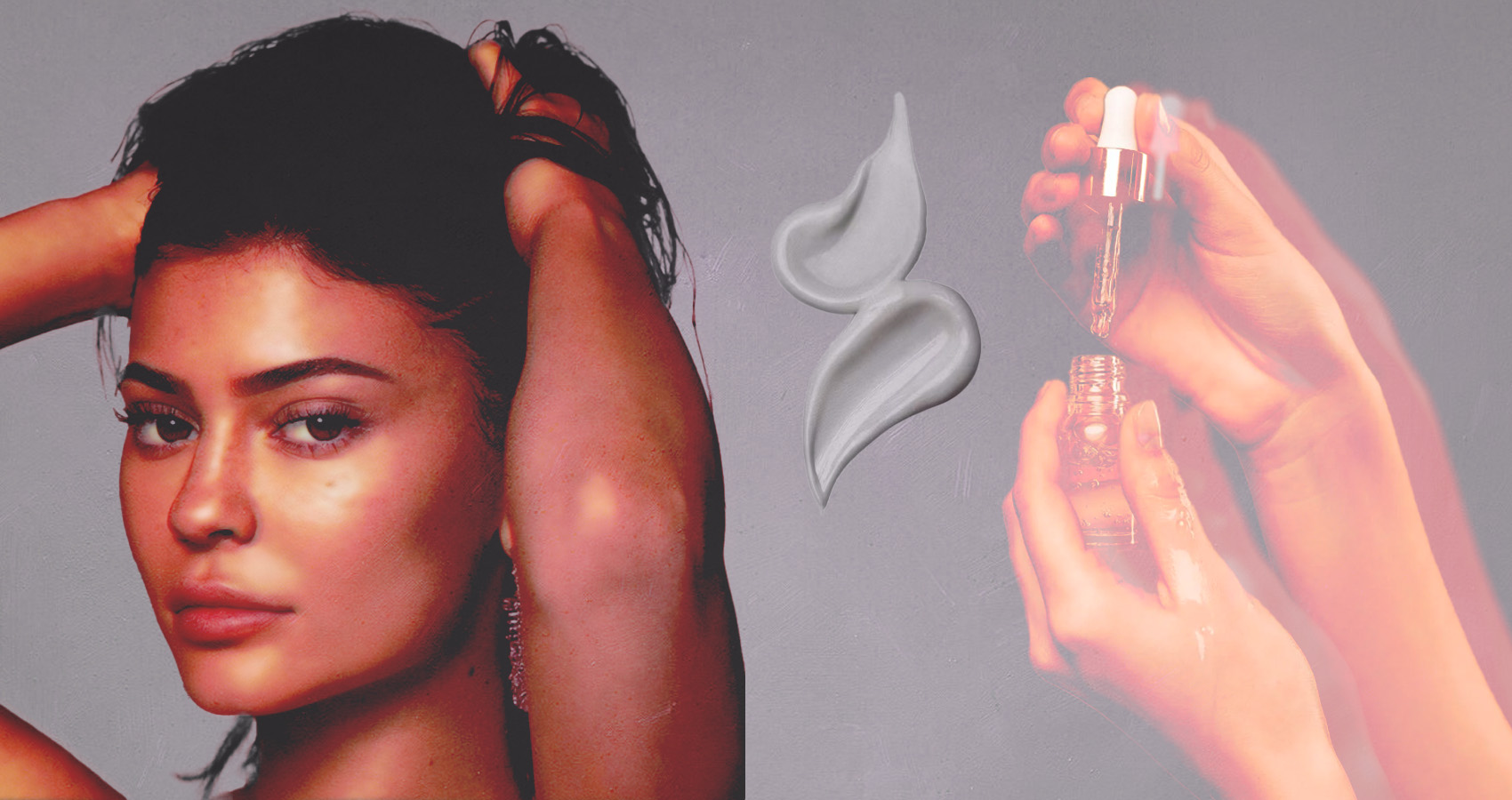
How To find The Best Products For Your Skin - According To Your Skin Type
Having healthy skin is easy once you know your skin type.
It is challenging to identify the right skin products when you don't understand your skin. Everyone's skin is unique and reacts differently to various factors. I am here to help you gain a deeper understanding of your skin type, so you know which products to use for a clean and healthy complexion. Regardless of your skin type, regular attention and care are essential. Establishing a routine encourage clear and healthy skin, boosting your confidence. A great daily routine consists of four effective steps. The first step is cleansing, which is crucial for removing grime or traces of makeup from your pores. It is best to cleanse both in the morning and at night, ensuring the elimination of any leftover makeup traces.
The next crucial step in your skincare routine is applying a toner to your face. While some might consider it optional, it plays a vital role in rebalancing the skin. Many toners also contain essential herbal ingredients, such as rose water, offering benefits like moisture retention and reducing redness. Following this, applying a serum is essential. Serums are packed with nutrients and antioxidants that contribute to maintaining the skin's overall health. The final step is moisturizing; regardless of your skin type, including oily skin, applying a moisturizer is essential for keeping the skin healthy and toned.
Combination Skin
Combination skin is a prevalent type, characterized by both dry and oily areas. Personally, I have combination skin. If you're unsure about your skin type, look out for symptoms like shininess on the forehead, nose, and chin (known as the T-zone), visible pores on the nose and chin, dry patches on the cheeks, hairline, and around the nostrils, as well as blackheads around the nose and chin. The presence of visible pores makes these areas prone to clogging, leading to blackheads and acne.
To care for combination skin, start with a mild cleanser and gentle soap. Opt for a floral toner to help balance your skin. Incorporate a lightweight serum to restore moisture to dry areas, and don't skip the moisturizer, even if your skin tends to be oily. It's crucial to use a moisturizer to maintain overall skin health.
Consider avoiding certain practices to manage your combination skin effectively. Never go to bed without removing your makeup, as this can lead to blocked pores. Also, limit your exposure to factors that can exacerbate skin issues. If possible, choose mineral-based sunscreen for protection.
Dry Skin
Prone to flaking and fine lines, the skin may exhibit red or dry patches around the cheeks and hairline, appearing inflamed. Dry skin benefits from invisible pores on the nose and chin. Puffy eyes and fine lines around the eyes become noticeable due to reduced elasticity. When caring for such skin, apply a gentle cleanser and pat your face dry with a towel. Keep a rich moisturizer on standby post-shower or face wash, as it significantly outperforms regular products. Consider using an oil-based serum and reapplying as needed throughout the day.
Additional advice includes using a humidifier and avoiding excessively high room temperatures. Minimize time spent in the bath or shower, as extended exposure can irritate and expedite skin dryness. Limit exposure to various weather conditions, including wind, sun, or cold climates. Refrain from using sunbeds, as they can contribute to skin dryness.
Sensitive Skin
Sensitive skin can be challenging to manage as it is prone to irritation, necessitating caution in choosing suitable products. Individuals with sensitive skin often experience itching and redness, which can be linked to conditions like acne, eczema, psoriasis, and rosacea. Dryness and scaling may occur on the hairline and cheeks, as well as in larger areas around the nose and cheeks. Flushing of the skin on the neck may indicate an allergic reaction. If you're uncertain about using skincare products, I recommend conducting a patch test beforehand to observe your skin's reaction.
For cleansers, opt for natural and organic options that are hypoallergenic and contain minimal ingredients. When applying a moisturizer, ensure your skin is moist and pat it dry afterward. To prevent irritation, avoid hot baths, minimize or eliminate the use of perfumed products, remember to remove makeup before bedtime—especially waterproof products—and limit exposure to extreme temperatures, as they can trigger skin flare-ups.
Oily Skin
Oily skin is a common skin type, and many people contend with its challenges. But don't worry—I'm here to assist you in finding the right products. Oily skin can result from hormonal changes or be influenced by genetics, causing the body to produce excessive hormones that lead to oiliness. Shiny patches on the forehead, nose, and chin may become more pronounced throughout the day due to increased hormone production. Enlarged pores make the skin susceptible to blackheads, pimples, and other blemishes as environmental toxins easily accumulate, triggering breakouts.
To address these concerns, establish a twice-daily cleansing routine to keep pores clean and reduce build-up. Use a toner designed to control oil shine. Look for products labeled 'Noncomedogenic' as they won't block your pores. Experiment with water-based cosmetics for better results, as they are less likely to block pores. Consider applying witch hazel water or orange flower water as a spritz to keep your face clean. Incorporating a clay mask can help draw out excess oil from your skin.
Avoid harsh cleansers, as they can lead to irritation and breakouts. If you do experience breakouts, refrain from touching or popping your spots, as this will only intensify redness and inflammation. Additionally, avoid using harsh face scrubbing tools, as they can contribute to greater skin inflammation. I hope this has helped you identify your skin type, and I trust the advice will be beneficial for you.



